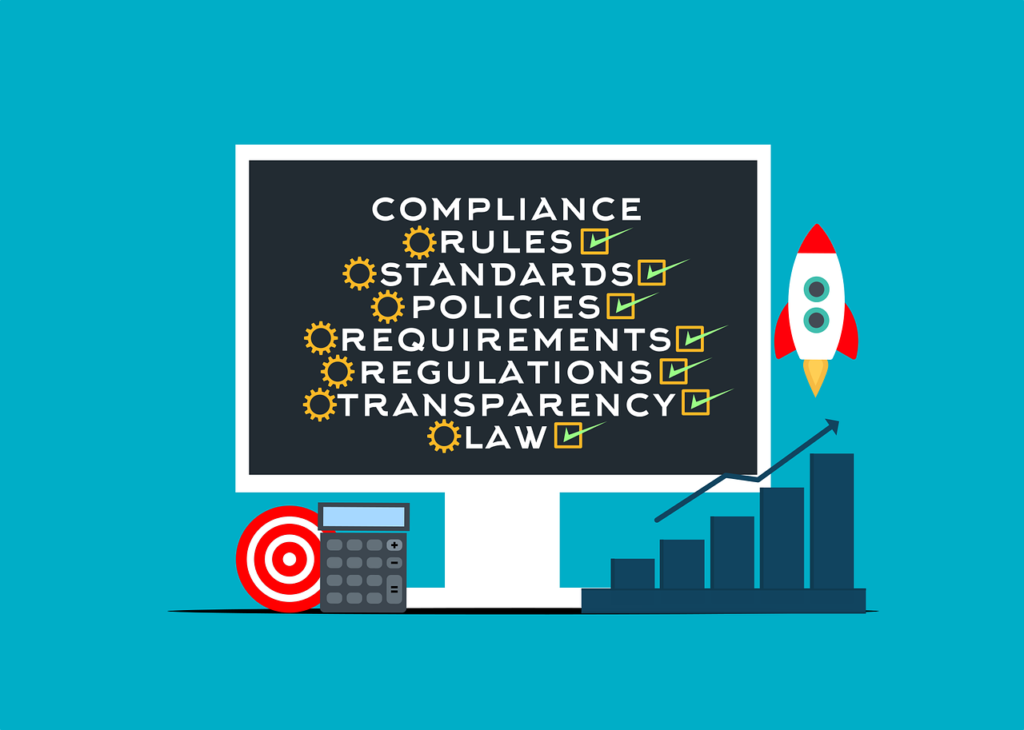We’ve all read about how a business failed or was fined some ungodly amount by the government and then thought to ourselves how did ‘they’ let that happen?
When the smoke clears and the autopsy is performed, we find out that ultimately it was the failure of management to understand or to respond in a way that would have ultimately saved the company. Put simply, the company failed due to management failure to address risk, or ask the question: “What happens before the unexpected occurs?”
I have always employed this forensic approach to trade compliance by flipping the unanticipated on its head with this simple mantra: “Anticipate legal issues before they become legal issues, or better yet, before they become your legal issues.”
If you’re a compliance manager or a shipping clerk that has tried to convince management that they need a trade compliance program only to have your message fall on tired deaf ears, consider your approach.
So, how do you know when you need a compliance professional?
My advice is to take a step back and realize where you are, where your business is and where it is going. Are you putting yourself at risk of violating government regulations? Do you know what regulations even apply to your business? Do you have a written plan you actually follow to mitigate your risk of violation?
Understanding risk is not a new concept but the context has changed. Typical risk analysis tends to be long on information about events but short on strategy and advice. When advice is offered it’s often reactive and addresses individual risk.
Consider the relationship the U.S. has with other countries on an approximately equal footing. China and the EU for example both create legislation that foreign companies must follow, even if they are not physically located in either region. For example, the EU’s deforestation regulations or the New South Wales anti-slavery laws… How does any of this affect your company? If you said they don’t, my instant reply is, guess again.
An old mentor of mine used to quip, “if you knew something was going to be painful, when would you want to know?”
